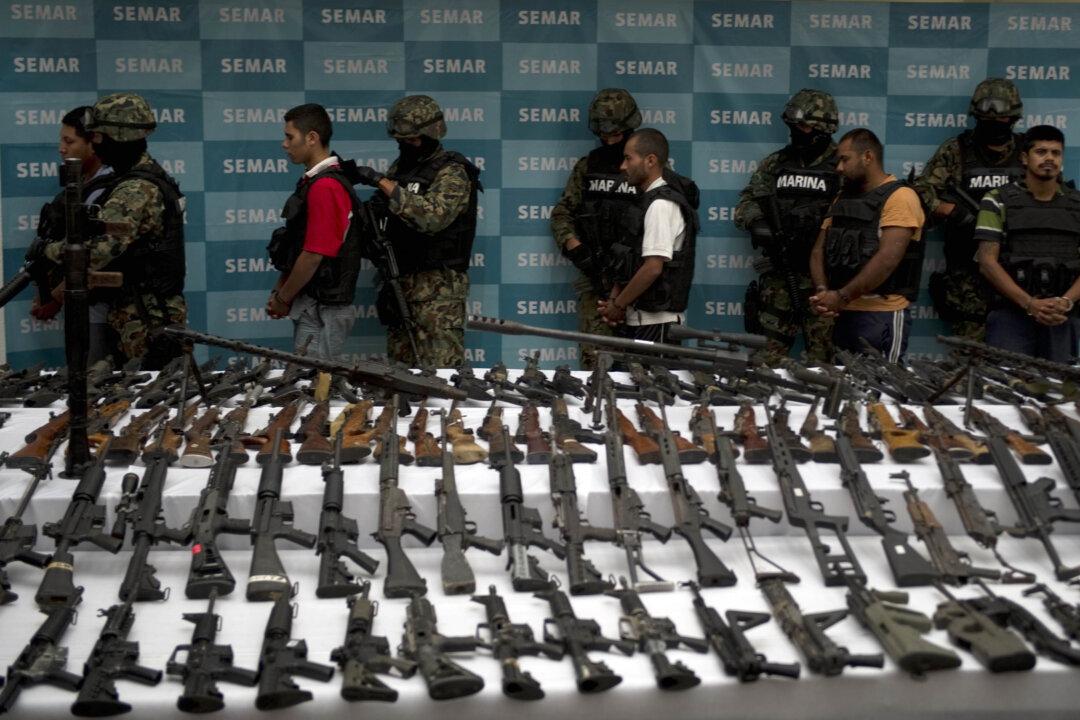President Donald Trump said he will designate Mexican drug cartels as terrorist groups for their role in the trafficking of narcotics and people, prompting a speedy request for talks by Mexico.
“They will be designated,“ Trump said in an interview with Bill O'Reilly that aired on Nov. 26. ”I have been working on that for the last 90 days. You know, designation is not that easy, you have to go through a process, and we are well into that process.”





